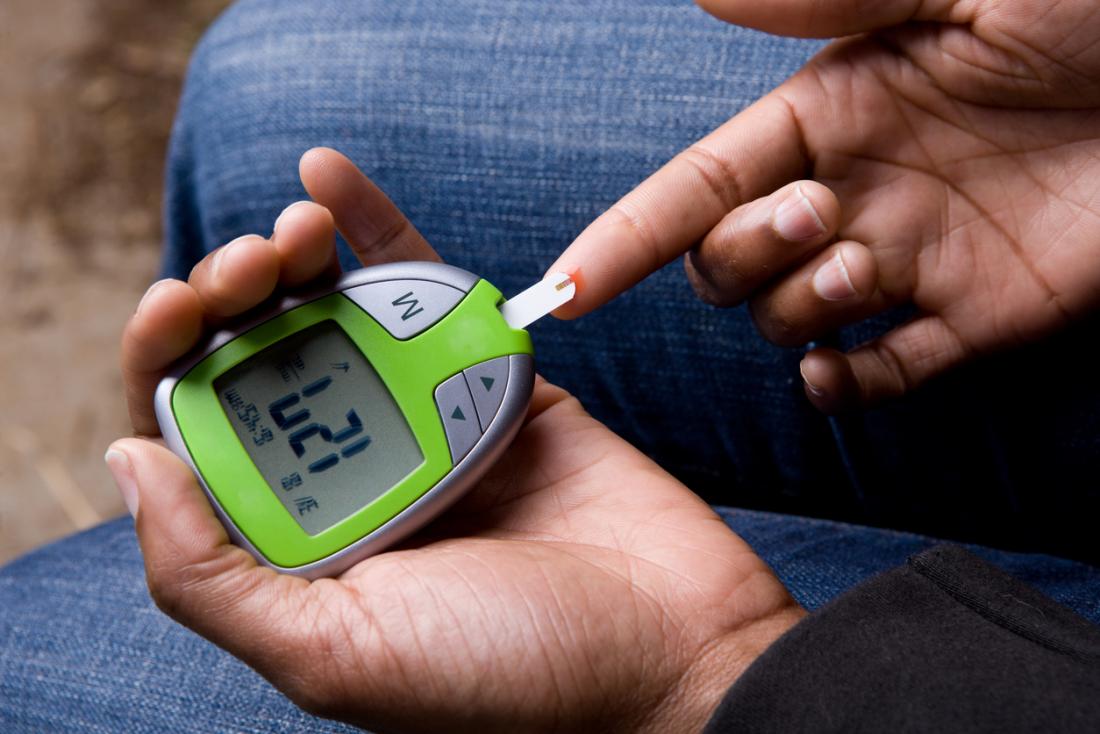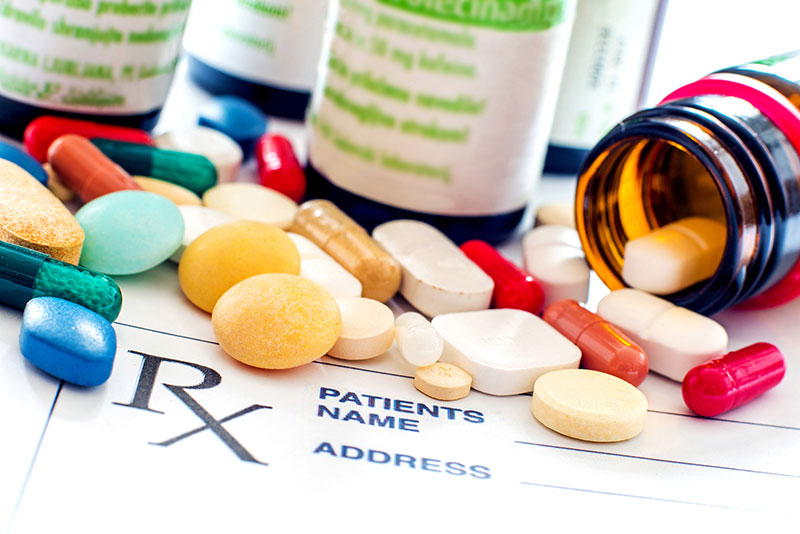Passing urine is something we (hopefully) all do without a lot of thought. You simply go to the bathroom when you feel the urge to urinate and many of us don’t even think about looking in the toilet to see what we have passed. However it is good practice to have a little look in the toilet before you flush it, as there are things your pee can indicate, from signs of illness to what you had for lunch. Here are a few things that can affect your pee.
How much water you’ve been drinking. Or not.
Normal, healthy urine should be a pale, yellow color without odor. If you notice your pee is dark or amber-colored, you may not be drinking enough water. To stay hydrated keep a water bottle with you to sip from throughout the day. Be sure to drink before, during, and after strenuous exercise. If you don’t like drinking plain water, try adding a slice of lemon. Also, sometimes what you think is hunger is actually thirst so try drinking some water instead of heading to the fridge between meals.

The presence of a Urinary Tract Infection
Cloudy urine may be a sign of a urinary tract infection. This is because the infection causes your body to produce more white blood cells to fight the infection. These white blood cells can spill over into your urine, leaving it cloudy. If you notice your urine has turned cloudy, you may want to contact your doctor. Other signs of a urinary tract infection are a persistent need to urinate, frequent desire to urinate, and painful burning while urinating. If you are making more trips to the restroom and feel like you aren’t able to completely empty your bladder, a UTI may be the problem.

High blood sugar levels
High levels of sugar in the blood can spill over into the urine. This is why some diabetics notice that ants are attracted to their urine. Sweet, fruity-smelling urine can be an indication of diabetes. Diabetes occurs when your pancreas is unable to produce enough insulin to handle the glucose in your bloodstream. It can also occur if your body is unable to respond properly to the effects of insulin. Patients with poorly controlled diabetes have increased amounts of ketones in their urine. Ketones can give off a smell similar to acetone, or nail polish remover.

Taking Certain Medications
If you’ve ever been given antibiotics, you may remember having funny smelling urine while you were on the antibiotics. This is because, Just like the foods you eat, the medications you take can show up in your urine. The antidepressant drug amitriptyline can turn your pee blue, as can the pain medication indomethacin. The anti-inflammatory drug sulfasalazine can turn your urine orange. This can also happen when taking rifampicin for tuberculosis. Certain antimalarial drugs can turn your pee brown, as can laxatives that contain cascara or senna.

Kidney Disease
Foamy or fizzy urine may indicate too much protein in your urine and this usually happens when there is a problem with the kidney. If you notice your pee has become bubbly or foamy, you may want to contact your physician to run some tests to determine if your kidneys are functioning properly.
Prostate enlargement
This one is peculiar to men because only mean have a prostate gland. As men get older, they may suffer a condition called benign prostatic hyperplasia (BPH). This is a very common condition. BPH occurs as the prostate gland becomes enlarged. Since the prostate gland is wrapped around part of the urethra (the tube that transports urine from the bladder to outside the body), as it becomes larger it can block the flow of urine. Some of the early signs of BPH are a frequent need to urinate, increased need to urinate at nighttime, weak flow of urine, and difficulty completely emptying the bladder.






